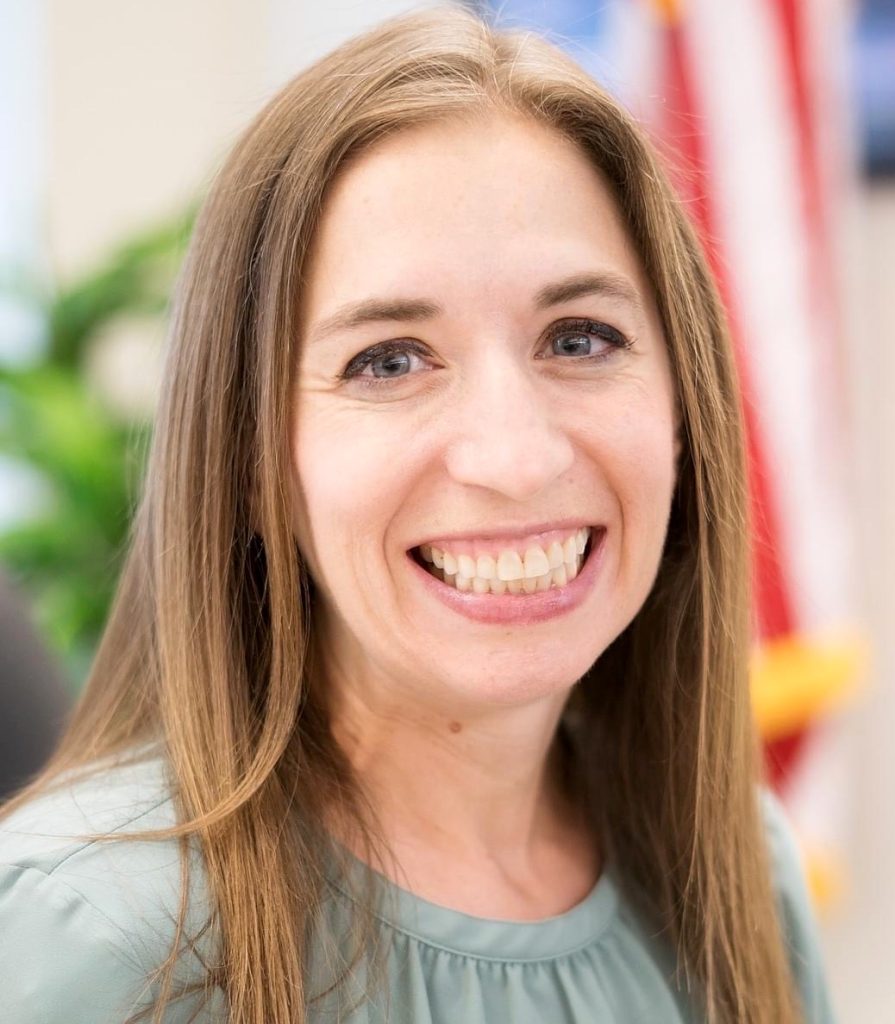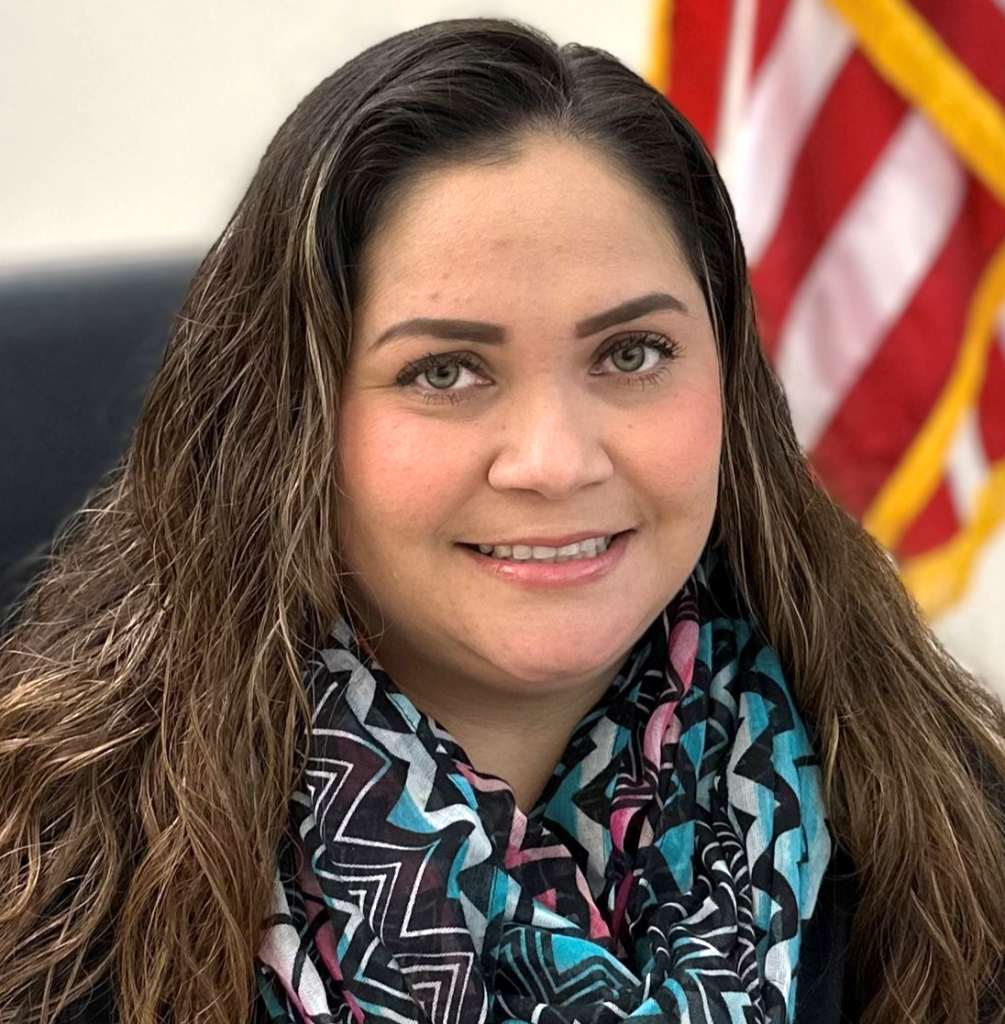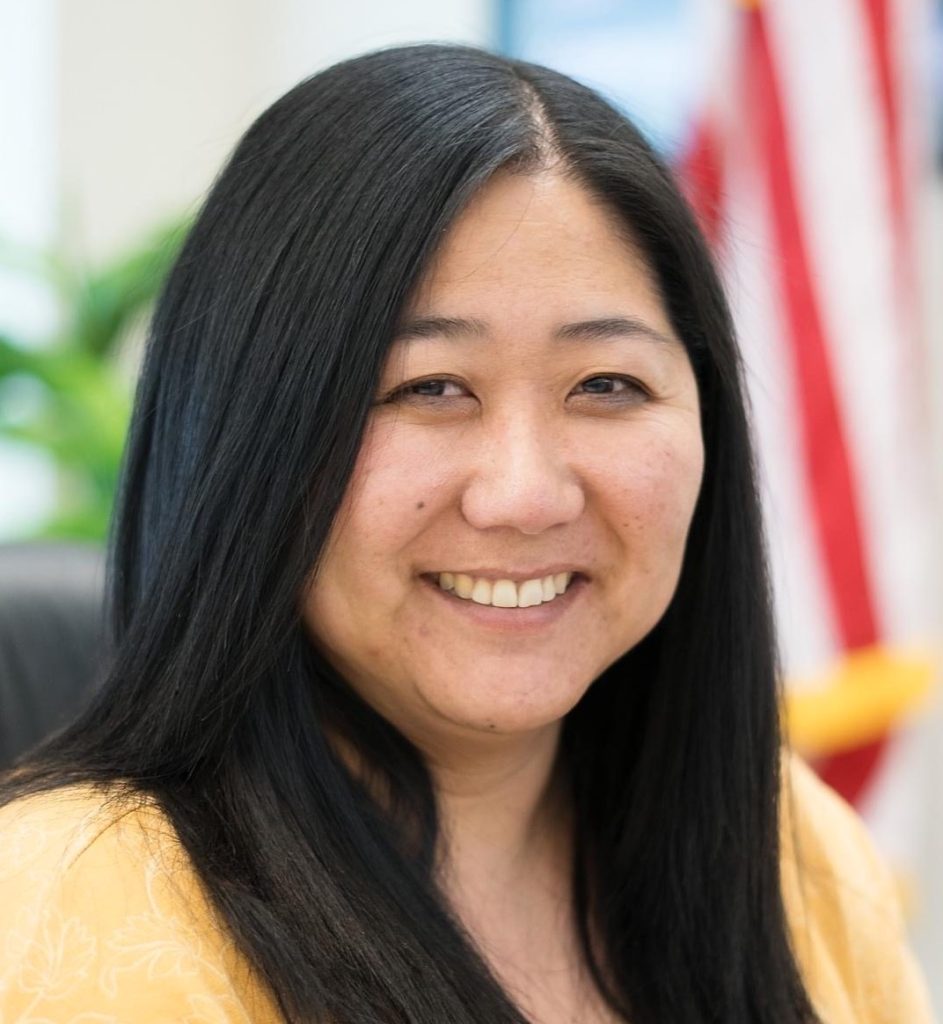All five members of school boards in Arock, Jordan Valley and Juntura resigned recently and the Nyssa School Board is out of business after five of its seven members quit amid growing concern about a new ethics requirement.
The resignations came ahead of a state requirement that for the first time they file economic disclosure forms with the Oregon Government Ethics Commission.
The impact of the resignations is unclear. When the majority of a school board quits, the Malheur Education Service District Board has the authority to appoint replacements. Plans are developing to simply put the people who resigned back into those seats, which would spare them the need to comply with the disclosure law this year.
The ESD board was scheduled to meet in special session on Tuesday, April 25, to consider filling seats in Arock, Juntura, Jordan Valley and Nyssa an get an update on boards in Annex, Harper, McDermitt and Vale. The results were too late for press time.
Until the seats are filled, those school districts don’t have governing boards to consider budgets, approve contracts or consider hiring.
Some school board members warned legislators earlier this year they were on the brink of quitting. A proposal to exempt members on small school boards is pending at the Oregon Legislature.
“You’re not putting down your salary or what your businesses are making.”
– Ron Bersin, Oregon Government Ethics Commission executive director
At issue is a state filing called the statement of economic interest. The forms are intended to be a guard against public officials using their positions for personal gain. The statements require public officials to list their major sources, but not amounts, of income.
An estimated 6,000 public officials must file the disclosures by each April 15.
This is the first year that school board members were required to file the statements.





Many local officials, such city councilors and planning commission members, already were covered by the disclosure law.
According to the state ethics commission, public officials “are required to list any businesses in which they or a member of their household maintained a position as an officer or director during the preceding calendar year.” They also must “list all sources of income (not the amount of income) that made up 10% or more of their total annual household income.”
“You’re not putting down your salary or what your businesses are making,” explained Ron Bersin, ethics commission executive director.
Real estate holdings besides a private home have to be listed but only if they are within the boundaries of the area served by the official. For school board members, no property owned outside the school district would have to be listed.
The new requirement for school board members emerged from a state audit of the ethics commission in 2021.
“Public scrutiny of the economic interests of public officials helps prevent those officials from misusing their public office for their own benefit,” auditors reported. “School board members stand out from other members of public governing bodies in Oregon because they are not required to file SEIs.”
Auditors noted the power of school board members that warranted more transparency.
“School board members, like other public officials in Oregon, are part-time positions, so many board members have other forms of employment. They are also often integrated into their communities, which can increase the likelihood that conflicts of interest will arise.”
Legislators in 2022 proposed House Bill 4144 to add school board members. Only one Republican signed on to sponsor the bill – state Rep. Greg Smith, R-Heppner. He later voted against the bill.
This year, legislators proposed letting boards in small school districts off the hook.
School board members from Malheur County weighed in.
“I chose to run for school board because I love my community,” Alisha Munk, a Nyssa School Board member, said in written testimony. “I do not think that my husband’s sources of income should need to be disclosed to anyone. That is not anyone’s business but ours and I find it offensive that such a requirement would be made.”
She said the requirement “will devastatingly limit the number” people who would run for school board. She said she would resign if the requirement stayed in place.
“I have no intent to comply with this intrusive requirement,” she said.
She made good on her threat at the April 10 board meeting, resigning along with Patricia Morinaka, Jeremy Peterson, Maribel Ramirez and Megan Robbins. That left the board with just two members – Chair Susan Ramos and Don Ballou, who also is Nyssa police chief. With no quorum, no board action can be taken.
The board of the Juntura School District also warned legislators that the ethics requirement imperiled the district.
“We believe it is an invasion of our privacy to be subjected to this requirement,” the board wrote in testimony to legislators in February. “Many of us are considering resigning.”
The board said resignations would be “unfortunate, as it would cause a disruption in our strategic planning, oversight of district goals, and would ultimately impact the students.”
The five board members – who outnumber the district’s four students – subsequently resigned.
The Vale School Board sent nearly identical written testimony but as of Friday only one board member, Jason Johnson, had resigned.
Jim Green, executive director of the Oregon School Boards Association, said he didn’t have figures on how many school board members resigned ahead of the April 15 ethics deadline.
He said the ethics requirement is “just another barrier to folks” serving in volunteer posts.
“We already have pretty good conflict-of-interest laws,” Green said. “School board members don’t operate the checkbook on a day-to-day basis.”
The work-around to put board members back on by appointment would mean they would not have to file disclosure forms this year, Bersin said.
But pending legislation has been revised to only delay, not remove, the requirement for board members. Senate Bill 292 would impose the requirement in 2026. The measure passed the Senate 26-0 on Wednesday, April 19. State Sen. Lynn Findley, R-Vale, was one of four senators excused from the vote.
Bersin said that 129 of 1,137 school board members in the state had not filed the required ethics form as of Thursday, April 20. He didn’t have information on how many of the 129 had resigned their seats.
Reporter Steven Mitchell contributed reporting.
Contact Editor Les Zaitz by email: [email protected].
NEWS TIP? Send an email to [email protected].
HOW TO SUBSCRIBE – The Malheur Enterprise delivers quality local journalism – fair and accurate. You can read it any hour, any day with a digital subscription. Read it on your phone, your Tablet, your home computer. Click subscribe – $7.50 a month.




